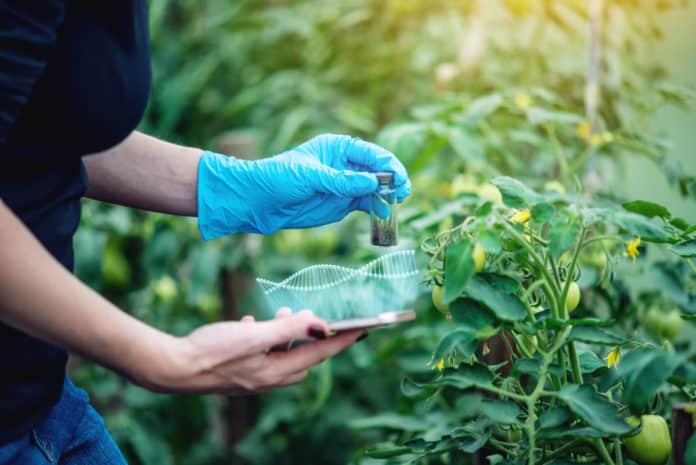--Must See--
Boyce Thompson Institute Plant Genome Editing Database (PGED)
Boyce Thompson Institute has recently developed PGED which stems from the idea of recent gene editing programs like CRISPR/Cas enable plant scientists to figure out the functions of myriad plant genes. These studies could finally lead to the creation of plants with improved traits such as yield that is greater or disease resistance but researchers need a way to keep track of their large quantities of resulting data.
Researchers at Boyce Thompson Institute have launched a novel Plant Genome Editing Database (PGED). This database will act as a central repository for efficiently managing plant mutant data – creating a platform for the research community to share data and mutants. The ultimate hope is that PGED will lead by reducing experiments that are unnecessary and catalyzing collaborations among research institutions.
Boyce Thompson Institute has published the findings & motive of the above study in the journal Molecular Plant with the title “Plant Genome Editing Database (PGED): A Call for Submission of Information about Genome-Edited Plant Mutants”.
“We have used CRISPR/Cas to make over 430 distinct lines, and that is only in tomato. The major problem initially faced was on how to keep track of them all
, so that has been the key motivation behind the creation of this database,” BTI’s Greg Martin said, who is the co-corresponding writer along with BTI’s Zhangjun Fei. “Many plant biology labs are doing CRISPR/Cas study these days, and everybody is going to confront this issue,” Martin further added.
Behind Boyce Thompson Institute’s Plant Genome Editing Database’s, secondary motivation was to share resources and data, which is part of their mandate of the National Science Foundation (NSF), which helped fund the creation of PGED. “We are attempting to make CRISPR/Cas research more effective,” states Martin. “The scientific community can not manage to have multiple distinct labs making the same mutant.”
Zach Lippman, professor and HHMI investigator at Cold Spring Harbor Laboratory and Martin, agree on PGED’s capacity to decrease duplicate work. Lippman’s laboratory functions within the Solanaceae family, in addition to some breeds of Arabidopsis.
While Lippman intends to distribute data to PGED from his laboratory, he says that some investigators might be hesitant to discuss unpublished data before their jobs have completely matured. “There is a great deal of rivalry between different groups, so there may be some hesitancy for people to be fully forthcoming on matters they have in the pipeline,” he explains. “But the database will become so big that investigators believe like their new strain is merely another mutant, and that competitive nature will not be too much of a hindrance.”
PGED currently comprises data generated by Martin’s laboratory on 432 tomato lines created with CRISPR/Cas editing by Ning Zhang, a postdoctoral scientist in Dr. Martin’s laboratory. The database–which was built by Yi Zheng, a postdoctoral scientist in Dr. Fei’s lab–provides information concerning the transformation experiment, species variety, DNA construct and primer, resulting phenotype of the progeny and seed availability. Zhang and Zheng are co-first writers on the Molecular Plant publication.
Martin notes that while CRISPR/Cas-generated lines are the most important focus of PGED, it can also be used for plant mutants made by other genome editing tools like meganucleases, zinc-finger nucleases (ZFNs), and transcription activator-like nucleases (TALENs).






























